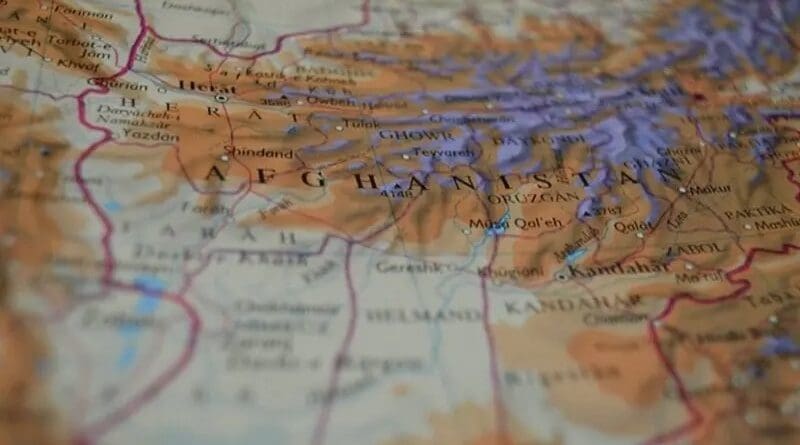The Perils Of Activism In Afghanistan – OpEd
Amidst the tumultuous landscape of post-Taliban rule in Afghanistan, the release of Matiullah Wesa, a fervent advocate for girls’ education, from a seven-month-long imprisonment under the Taliban’s custody shines a light on the ongoing struggles for human rights and freedom in the region. Wesa, recognized for his extensive campaigning across the country, emphasizing the right to education for girls, faced detention in March on charges of “propaganda against the government.” His release on Thursday came as a glimmer of hope in the midst of an otherwise dismal climate of oppression and curtailed liberties under the Taliban regime.
As the founder of the non-profit organization Pen Path, Wesa’s unwavering dedication to advancing educational opportunities spanned over a decade. His tireless efforts involved reviving schools in rural communities that had been shuttered due to violence, along with the establishment of libraries in these areas. Despite the imposition of stringent constraints by the Taliban post their ascension to power in 2021—restricting women and girls from accessing schools, parks, and government roles—Wesa remained resolute in his commitment to empowering communities through education.
Wesa’s detainment prompted international outcry, drawing sharp condemnation from the United Nations and human rights organizations. The arrest underscored the Taliban’s crackdown on peaceful activism and its intimidation tactics aimed at both women and men advocating for greater freedoms. Sahar Fetrat, an Afghan researcher with the Women’s Rights Division at Human Rights Watch, highlighted the Taliban’s fear of united male and female activism, emphasizing the threat posed by Afghan individuals coming together in pursuit of a progressive Afghanistan.
The release of Matiullah Wesa follows the recent freeing of Mortaza Behboudi, a prominent French Afghan journalist, who had been held for nine months on charges of espionage. Behboudi expressed concerns over the diminishing liberties in Afghanistan, emphasizing the heavy censorship and the erosion of press freedoms in the country.
Wesa’s case illustrates the wider challenges faced by human rights activists and journalists under the Taliban’s stringent rule. While his release signals a positive turn, it serves as a reminder of the harsh environment prevalent in Afghanistan, especially concerning the suppression of freedom of expression and advocacy for human rights.
This dire situation is not confined to the realm of education activism alone. The country’s status was ranked at the bottom among 177 countries in the Georgetown Institute for Peace, Women, and Security’s report, a dismal indication of women’s inclusion, justice, and security in society. Such dire rankings showcase the depth of challenges faced by advocates like Wesa, working in an environment hostile to fundamental human rights and liberties.
While Wesa’s release represents a glimmer of hope, his case serves as a poignant reminder of the ongoing struggles within Afghanistan. The fundamental battle for human rights, particularly for the rights of women and freedom of press, continues to face adversity and threats in the oppressive climate orchestrated by the Taliban. The world looks on, acknowledging the release of this valiant activist as a symbol of hope, yet equally recognizing the overwhelming challenges and systemic obstacles that persist in the battle for justice and freedom in Afghanistan.

